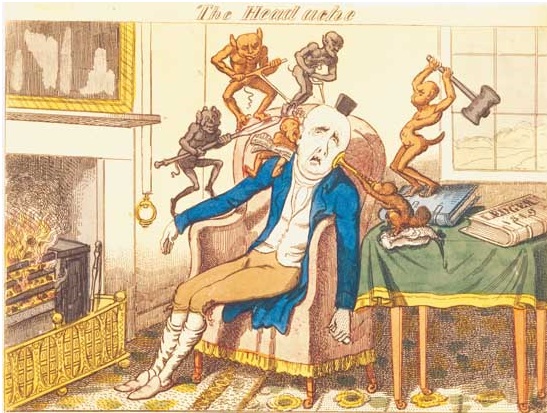Subjective constructions of gender violence. Contributions to the prevention of the problem
Supporting Agencies
- Unidad de Investigación para Estudios de Género “Bellacarla Jirón Camacaro”. Universidad de Carabobo
- Facultad de Ciencias de la Salud
- Sede Aragua.
Abstract
The recognition of gender violence as a public health problem in the health sector supposes taking steps to address it. Understanding the complexity and variability of the problem, this research aimed to: Track the subjectivities built by women and men about gender violence to promote prevention initiatives that contribute to a better quality of life of women. It is a gender-sensitive research approached from the qualitative method. Techniques for data collection were the direct observation and focus group discussions. The systematization of the data is handled by SSPS and use reasoning and discourse analysis. The results showed: naturalization of the problem, double victimization behaviors consent, patriarchal censorship of women who do not exhibit behavior consistent with the traditional female role and recommendations for the prevention of gender violence.
Downloads
-
Abstract1049
-
PDF (Español (España))240
The works published in this magazine are subject to the following terms:
1. The Publications Service of the University of Murcia (the publisher) preserves the copyright of the published works, and encourages and allows the reuse of the works under the license for use stated in point 2.
© Servicio de Publicaciones, Universidad de Murcia, 2011 (© Publications Service, University of Murcia, 2011)
2. The works are published in the electronic edition of the journal under Creative Commons Reconocimiento-NoComercial-SinObraDerivada 3.0 España(texto legal) “ a Attribution-NonCommercial-NoDerivatives 3.0 Spain license (legal text)”. They can be copied, used, broadcasted, transmitted and publicly displayed, provided that: i) the authorship and original source of their publication (journal, publisher and URL) are cited; (ii) are not used for commercial purposes; iii) the existence and specifications of this license is mentioned.
3. Conditions of self-archiving. Authors are allowed and encouraged to electronically disseminate the pre-print (pre-reviewed ) and / or post-print (reviewed and accepted for publication) versions of their works prior to publication, as it ensures a wider circulation and dissemination which may lead to a possible increase in its mention and a higher scope among the academic community. RoMEO color: green.













